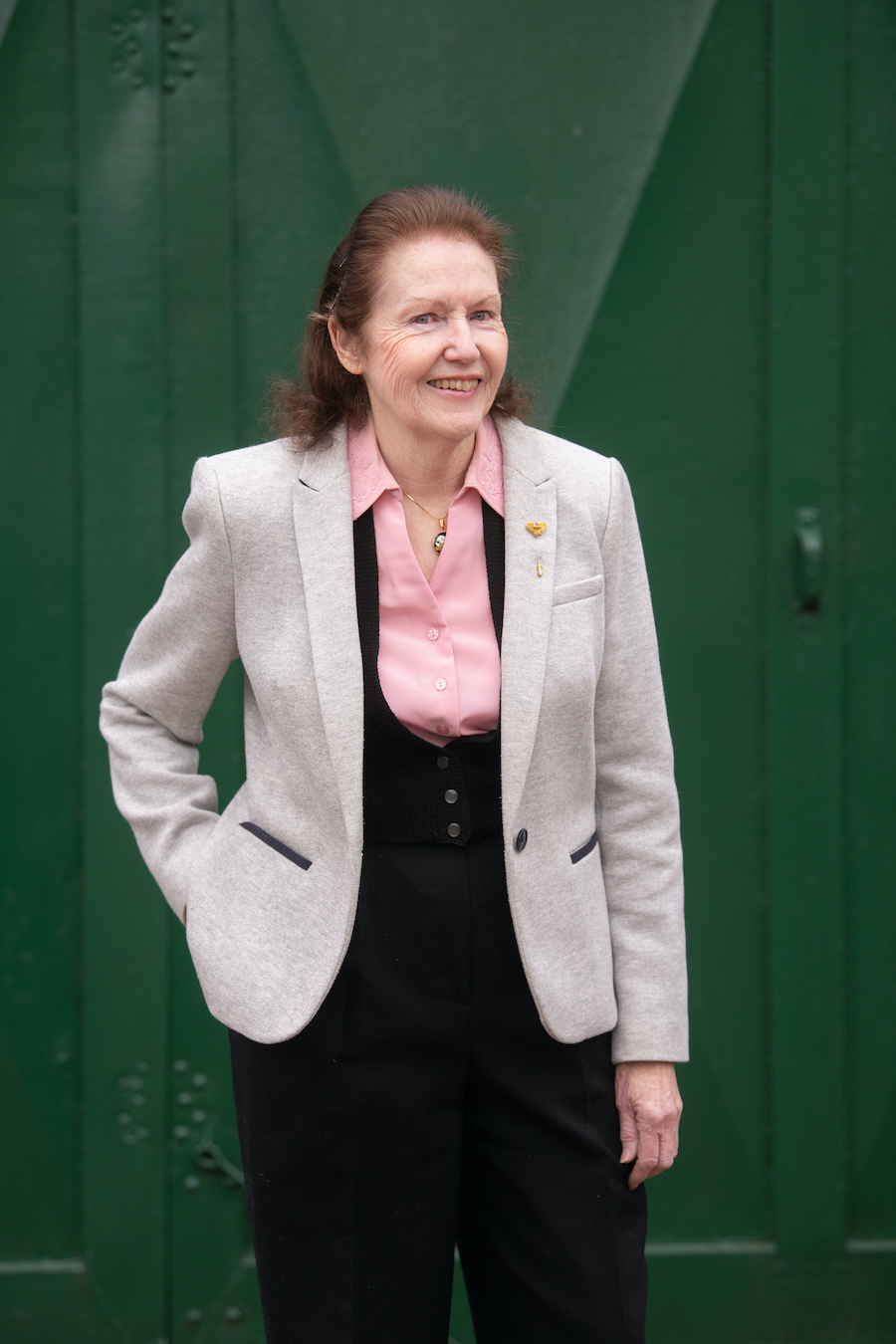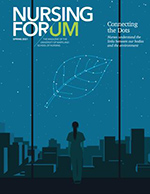Leadership Material
June 03, 2021 Giordana Segneri
Alumni Profile: Mary Etta C. Mills, MS ’73, BSN ’71
“Distinguished” seems inadequate to describe the career of UMSON’s 2020 Distinguished Alumni Award honoree, Mary Etta C. Mills, ScD, MS ’73, BSN ’71, RN, NEA-BC, FAAN, an UMSON professor. From faculty member to researcher to program founder to associate dean to chief nurse, Mills has left hardly a career stone unturned. She even served as interim dean during the 2019-20 academic year.
Having graduated from Mercy Hospital School of Nursing in Baltimore in 1967, Mills arrived at UMSON as a student in its RN-to-Bachelor of Science in Nursing program before continuing on to earn her master’s in the School’s then medical-surgical clinical specialty. As an UMSON faculty member following an already extensive career as a nurse leader, Mills led the development of the first master’s and doctoral programs in nursing informatics in the world in the late 1980s and early 1990s.
But Mills will tell you that through it all, her favorite part of her career has been working with people: students, faculty, staff, patients, and hospital colleagues. And she’ll say it with her signature wit. We sat down (virtually) to chat about where nursing has taken her.
Can you tell us about the clinical research you’ve conducted?
At UMSON in a joint University of Maryland Medical Center (UMMC) appointment in the ’70s, I was working on quality of care: What were the nurses responsible for doing, and what were the intended measurable outcomes? If they were not achieving the goals, what would be the appropriate action to take? We were looking at what’s happening to groups of patients over time. When you look at patient care that way, you see trends, and you find out what’s being documented and what’s not. I started finding things in the records that I felt should have been managed differently.
When we figured out how to automate this work, that became a major focal area. The CEO at UMMC asked me to create a clinical documentation system for nursing. It was the earliest electronic health record at our hospital, and I worked on developing what the system requirements would be.
How did you become involved in teaching administration and in the development of the nursing informatics programs?
When I was serving as chief nurse at UMMC, I realized that many new graduates had a lot of knowledge but weren’t ready for a big medical system and working at a higher level. If they had had better preparation, they’d have had more success and longevity. I wanted to educate the students before they graduated, to prepare them for administrative roles and working within a system. In 1989, I came to UMSON as an associate professor, teaching in the administration program and in informatics. Informatics was a very nascent area at that point; that’s when we worked on the first nationally funded grant for the master’s program in nursing informatics.
What do you think should be the key priorities for nursing’s future?
People need to have preparation for leadership. That’s never going to go away, and it will be more and more important as we have more complicated health care systems.
Understanding interpersonal communication is key, as well as the automated communication that we’re all doing. Listening is critical, and since we’re spending time documenting while speaking to patients, we’re not truly listening to what patients are saying.
Preparation in ethics is becoming more important. Ethical decision-making should not be taken for granted. That includes social determinants of health. We need to have a broader focus on who our patients are, and there will be lots of new and expanded roles for nurses in primary care.
Integration and coordination of care is another area. The current automated systems don’t interface very well, so if you have a patient who is seen in lots of different settings, a clinician may not have a full view of what the care has been and what
their needs are. How do we document that communication in a way that’s useful for patient care?
What makes you proud to be a nurse?
I’m immensely proud of the profession and what we’re accomplishing. What I see happening with health care systems, no matter where they are, is that they’re operating with the same concern for their patients.
 THIS ARTICLE FIRST APPEARED IN THE SPRING 2021 ISSUE OF MAGAZINE.
THIS ARTICLE FIRST APPEARED IN THE SPRING 2021 ISSUE OF MAGAZINE.